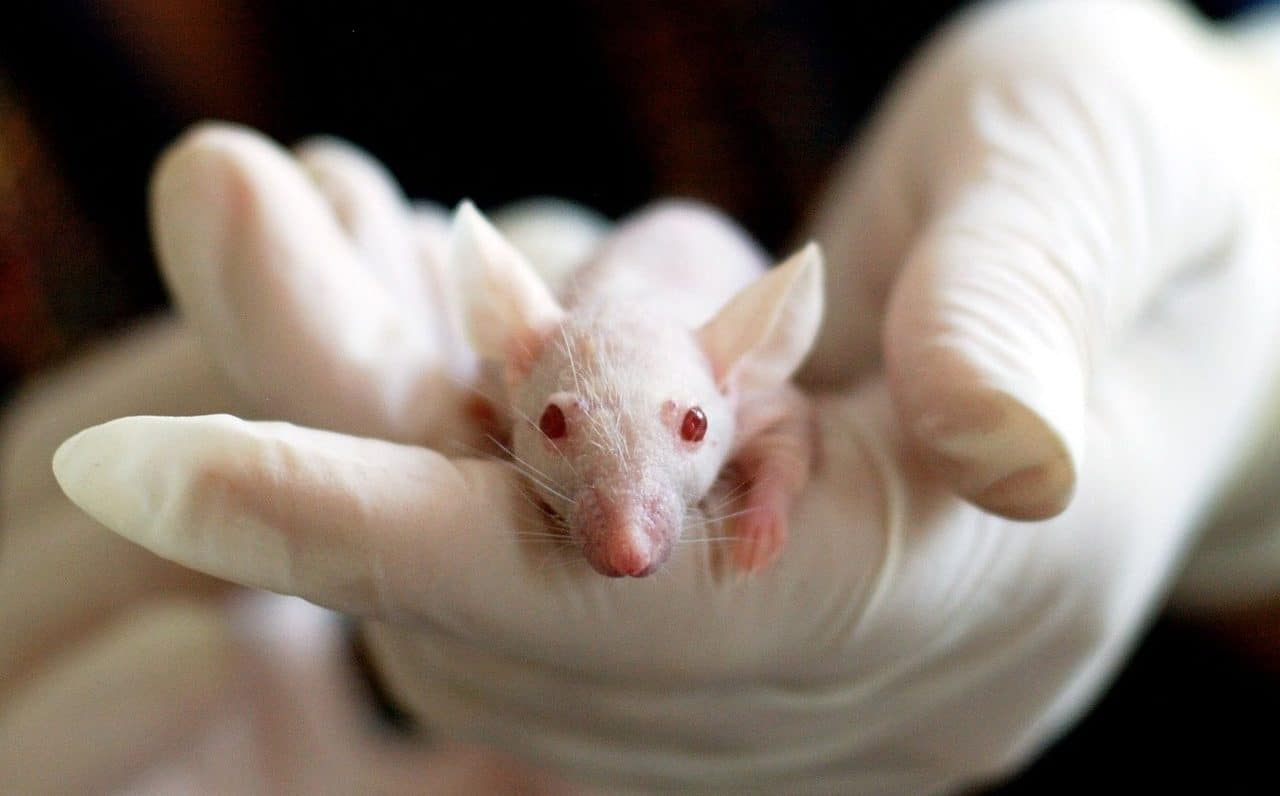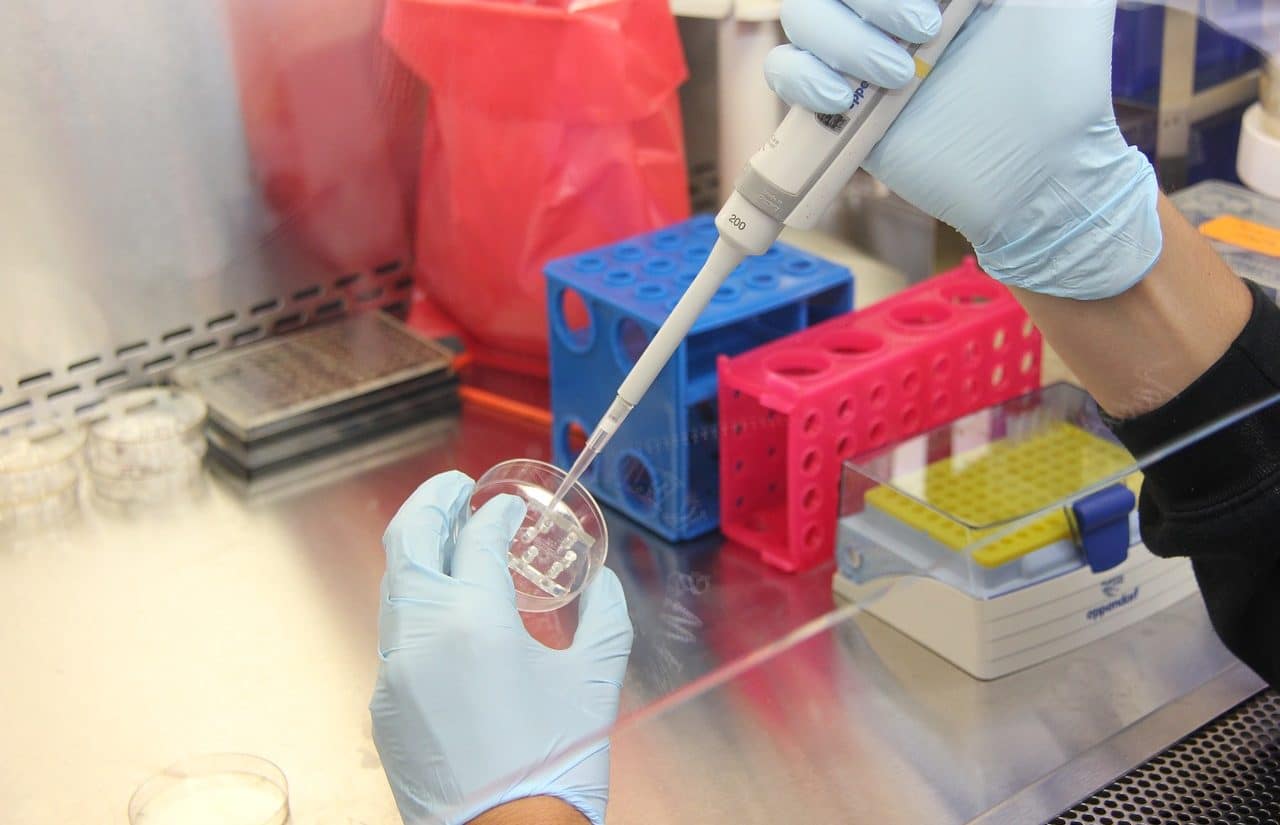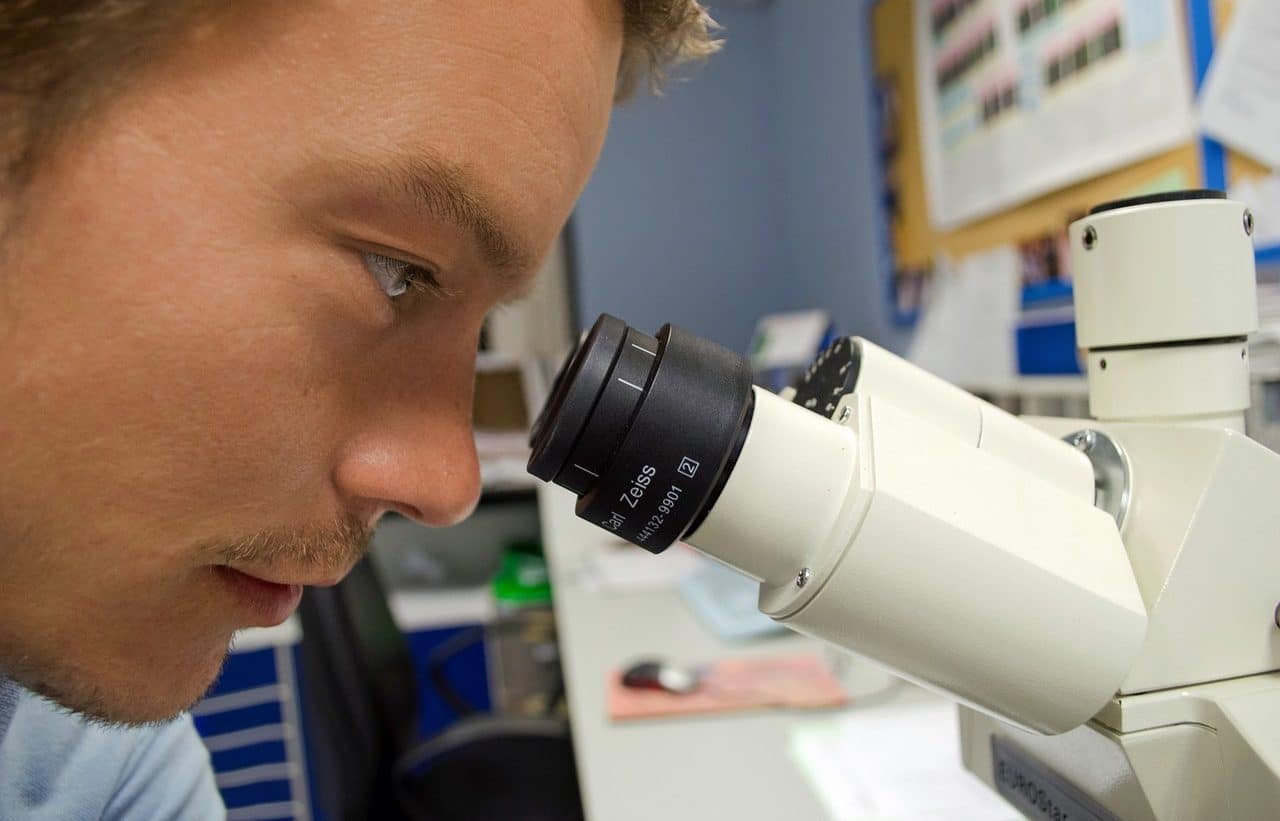
Research ethics seeks to guarantee scientific integrity.
Ethics in research is a concept that refers to the protection of the rights of people and animals involved in investigative work . The notion refers to those principles that contribute to preserving well-being and that allow controlling or minimizing the negative consequences of the knowledge construction process.
It should be noted that the idea of ethics refers to the branch of philosophy that analyzes good and evil. The term also refers to the set of rules that guide behavior according to what is considered correct and to what is in line with what morality indicates. An investigation , on the other hand, is an inquiry or exploration.
Importance of ethics in research
The idea of ethics in research covers different dimensions. On the one hand, it has to do with how the research work affects the subject of the study (human beings or animals). On the other hand, it is related to issues specific to academic publication : plagiarism , violation of copyright , fabrication of data through falsification , etc.
Although the considerations are different in each science, ethics in research is always important. Generally, in each discipline there are ethical codes that guide good practices and condemn actions that are judged negative or harmful.
When there are people who are studied by the scientist, respect for privacy , protection of personal data and confidentiality are key in research ethics. It is necessary that there be informed consent where each individual expresses their desire to be part of the work, understanding its scope. Research with animals, meanwhile, must be developed according to criteria that consider animal welfare .
Another central aspect of ethics in research is the sustainable use of resources and the minimization of environmental impact. The search for scientific knowledge should not threaten sustainability or compromise the future.

Beneficence and non-maleficence are principles of research ethics.
bioethics
It is common for research ethics to be related to bioethics . Specifically, bioethics establishes principles that contribute to the optimization of behavior in the field of Life Sciences , which are those dedicated to the study of living organisms.
Bioethics, therefore, regulates the activity of the scientist in his interaction with other living beings . Research with biological risk agents, with genetically modified organisms, with animals and with humans (including data from populations and work with human samples) is part of its interest.
There are legal regulations that establish bioethical criteria. Likewise, there are ethics committees that set limits regarding human experimentation, clinical trials, gene therapy, the use of stem cells and cloning , among other issues.

Scientific fraud is condemned by research ethics.
Ethics in medical research
If we focus on medical research, ethics seeks to establish precepts that guarantee the production of knowledge for the progress of communities and human well-being without violating the autonomy or dignity of people . Throughout history, numerous experiments have been carried out that, over the years, were classified as aberrations.
An example is the city of Tuskegee in Alabama ( United States ). There, the Public Health Service conducted research on syphilis for four decades ( 1932 – 1972 ) with 600 African-American people, most of them illiterate.
Not only did the participants never give informed consent, but they were even deceived about the diagnosis . Doctors chose not to use penicillin in the treatment in order to analyze how the disease progressed and led to death. It was even hidden from the participants that syphilis was contagious.
Little by little, as the details of this work came to light, standards were established and commissions were created to regulate ethics in research. In 1997 , President Bill Clinton even apologized to the survivors of the experiment on behalf of the entire American society.
Currently there is legislation on bioethics, documents that have no legal effect but function as guides and guidelines provided by ethics committees . The main aim is to avoid risks and inconveniences that are disproportionate to the possible benefits of tests and experiments.
The case of Nazism
When talking about ethics in research, reference is usually made to the experimentation that Nazi Germany carried out on human beings. These tasks had no type of control or limits and today they are classified as medical torture practices.
Nazi experiments were carried out on prisoners, who were forced to participate . Of course, in no case was there informed consent.
From sewing children together to create conjoined twins to freezing people, removing bones without anesthesia and forced sterilization, Nazi scientists committed multiple crimes. About twenty medical professionals were tried between 1946 and 1947 in the so-called Doctors' Trial . As a consequence of the debates that occurred in the judicial process, in August 1947 the Nuremberg Code of Medical Ethics was published, which refers to voluntary consent, the search for a benefit for society and the need to avoid unnecessary physical and psychological suffering. , among other points.
